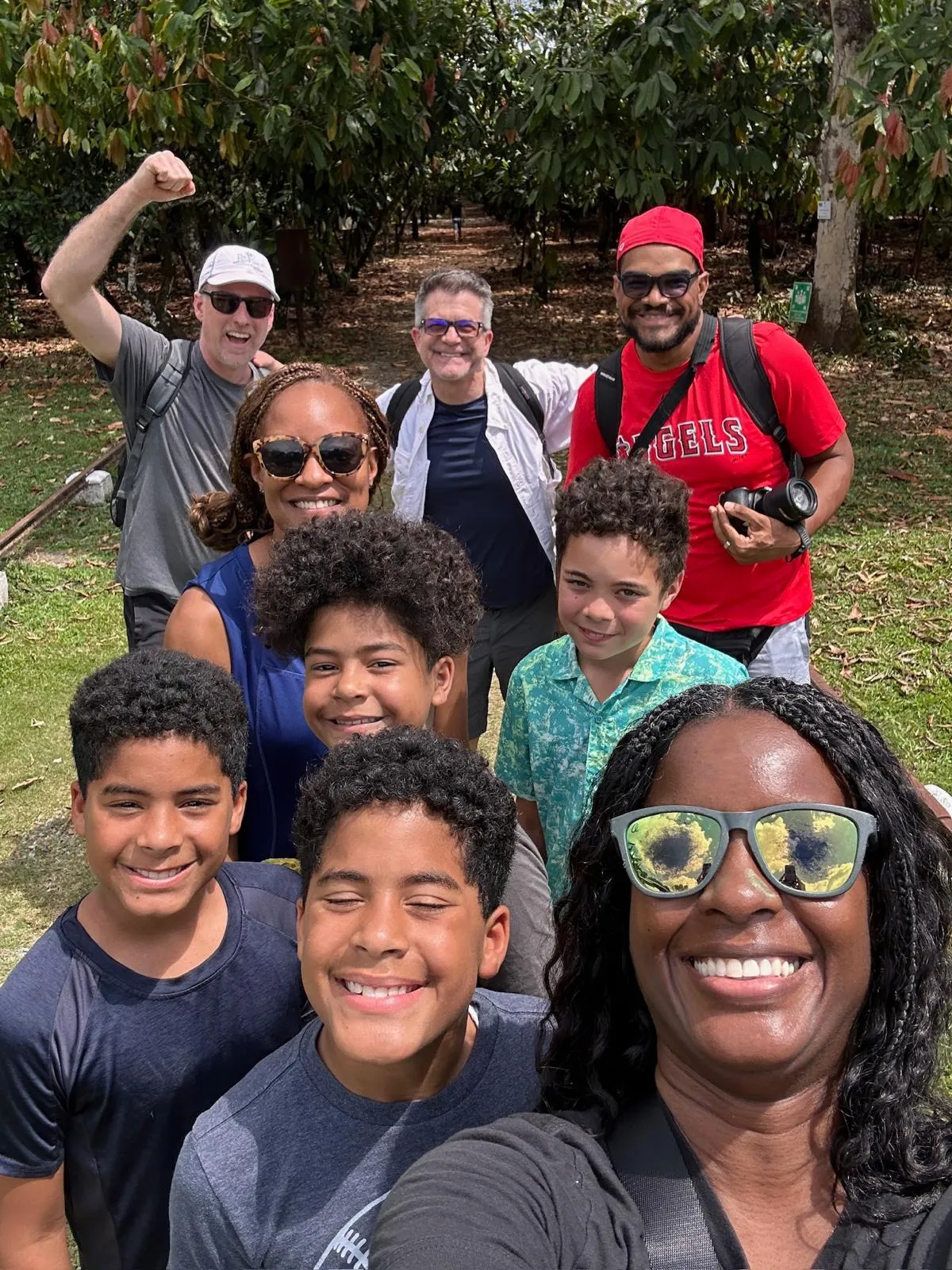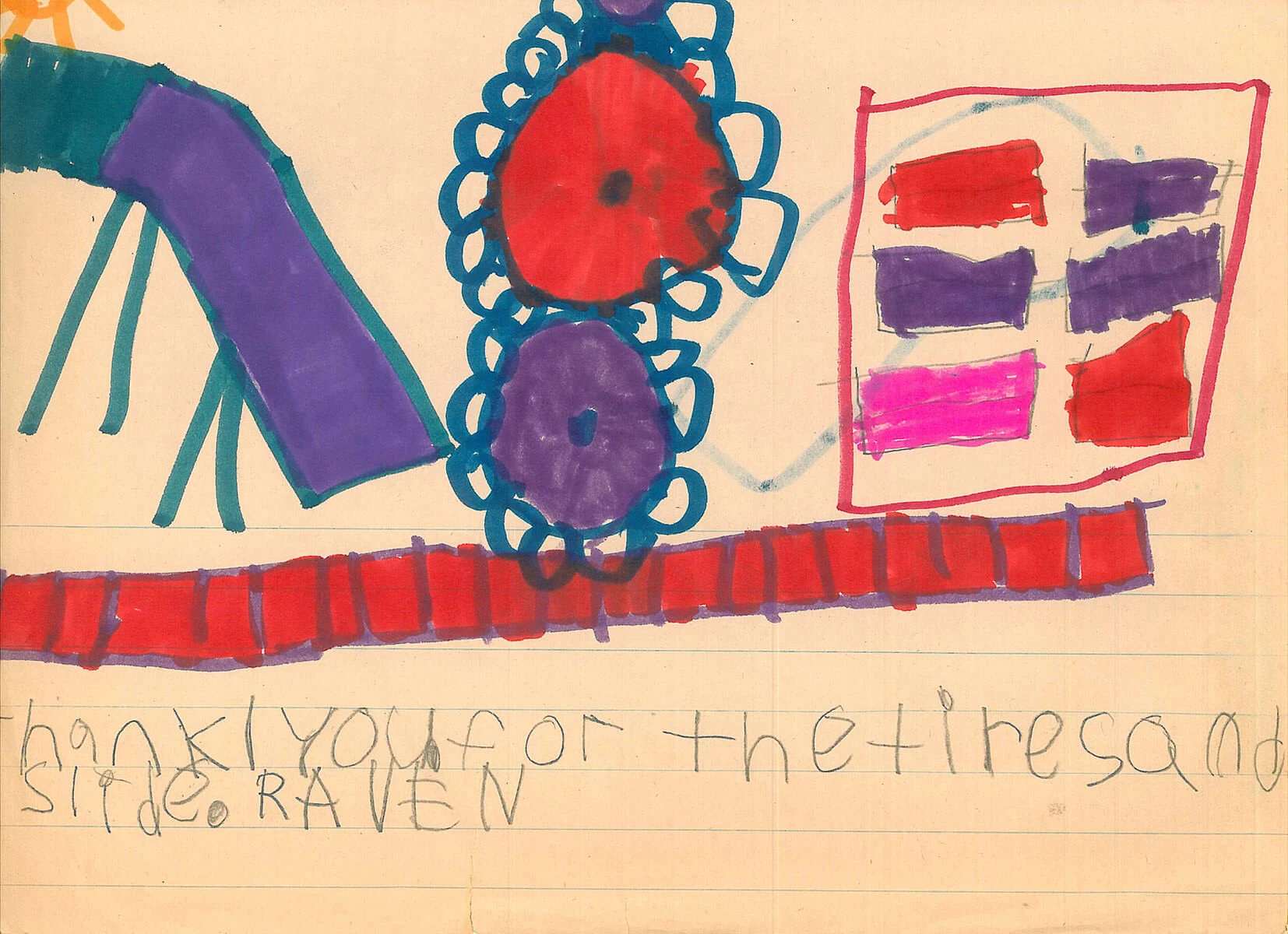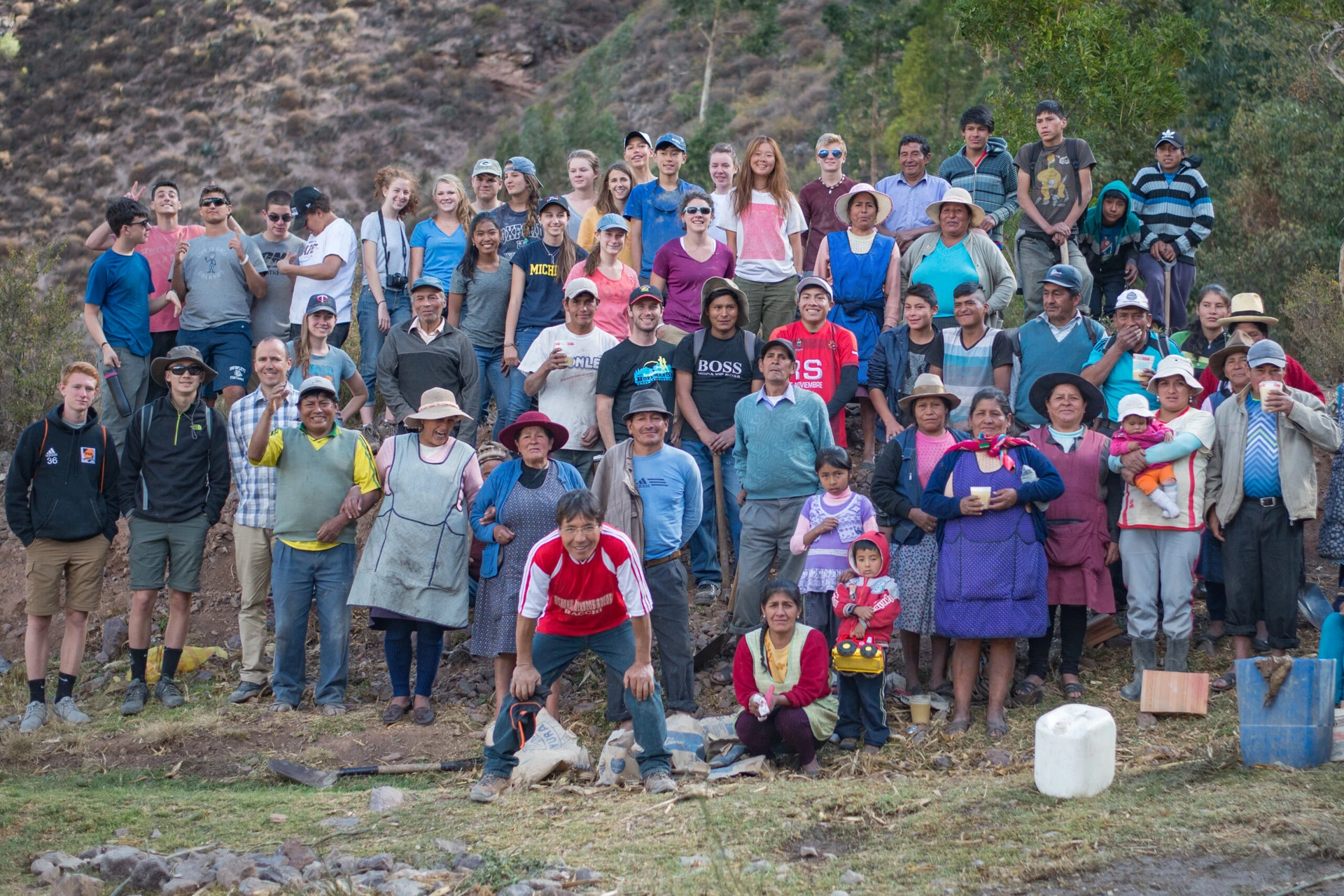This article was originally published in TeenLife
Recently, there’s been a bit of lively buzz in the summer camps community about a new policy announced by the #1 ranked camp in Pennsylvania that allows “Smart phones, music players, tablets, e-readers, even laptops–they’re all fair game…” Tech can be a great thing, but should it be used in the great outdoors?
Allowing Technology
High school and middle school students are entwined in their gadgetry, in fact, most everyone uses gadgetry for business and social commerce these days. Even in under-resourced countries worldwide, no matter how remote or economically depressed, one is hard-pressed not to find cell phones prevalent, at least.
The scope of youth summer camps is mind boggling. There are trips focused on academics, on every aspect of the arts and sciences; old-fashioned traditional camps and outdoor wilderness challenges; camps for sailing, skiing, skateboarding, volunteering abroad, cultural immersion, eco-discovery, and much more, including technology itself. While technology policies may differ, generally speaking, technology is either allowed or not. And whatever the policy, however limited the use, the honest camp will tell you that managing “smartphones, music players, tablets, e-readers…” is a headache.
How can parents navigate tech policies?
As with every important investment, do the research, get a feel for the context in which a camp’s philosophy and goals play out in terms of technology policy. How strong is the camp’s culture? The context of the camp or trip always matters, the sheer physical environment, the nuts and bolts of daily life, the essential soundness of blueprint for the experience, the practical and intentional ways that a camp ensures that goals for its participants are well met.
Ask yourself
- How clear is the camp’s technology policy relative to its core philosophy and goals?
- Whatever the technology policy, how well is it managed and does the camp even address this issue with other than a statement?
- What are the protocols that govern technology in daily camp life?
- Do they make practical sense and are they enforced by staff leaders?
- Take time to clarify your and your child’s goals and wishes for the summer. Who is my child? What does he/she need, want, or what would be just plain good for him or her this particular summer?
Find the Right Camp
Always speak to references–past participants and their parents. Dig for details and anecdotes that will tell you how goals are met on the ground, day in and day out, tangibly and successfully.
Before doing anything else, though, the first and fundamental question parents might ask themselves is how do you define and quantify quality? Once you’re clear about this and after taking all of the above into consideration, you and your child will find the best-fit summer experience, regardless of how much or little technological gadgetry is allowed.
VISIONS Policies Regarding Technology
Cell phones and tech gadgets are permitted for travel days to and from the program sites, but they are not part of the VISIONS program. The reason for our gadget policy is twofold: first, we believe that when phones are put away, people are more able to genuinely connect with one another and with their remarkable surroundings. Second, local residents have far fewer material resources than we, a contrast that is dramatic. We are a largely affluent group living and working in small communities—high tech items serve to accentuate our differences. Also, a reality of living in any developing country or depressed community is petty theft. We keep cell phones, music devices, valuables and extra money locked away in secure places.






